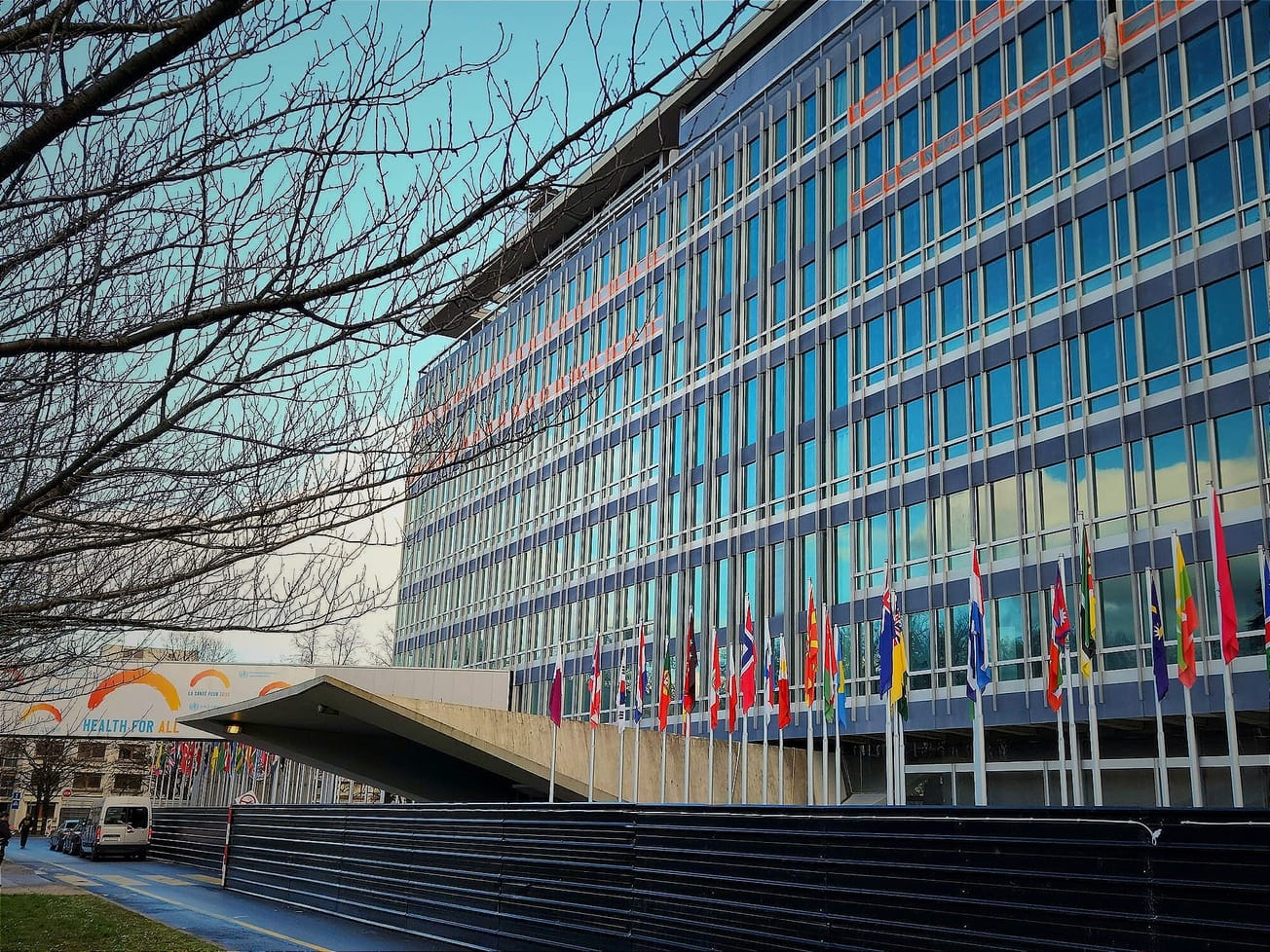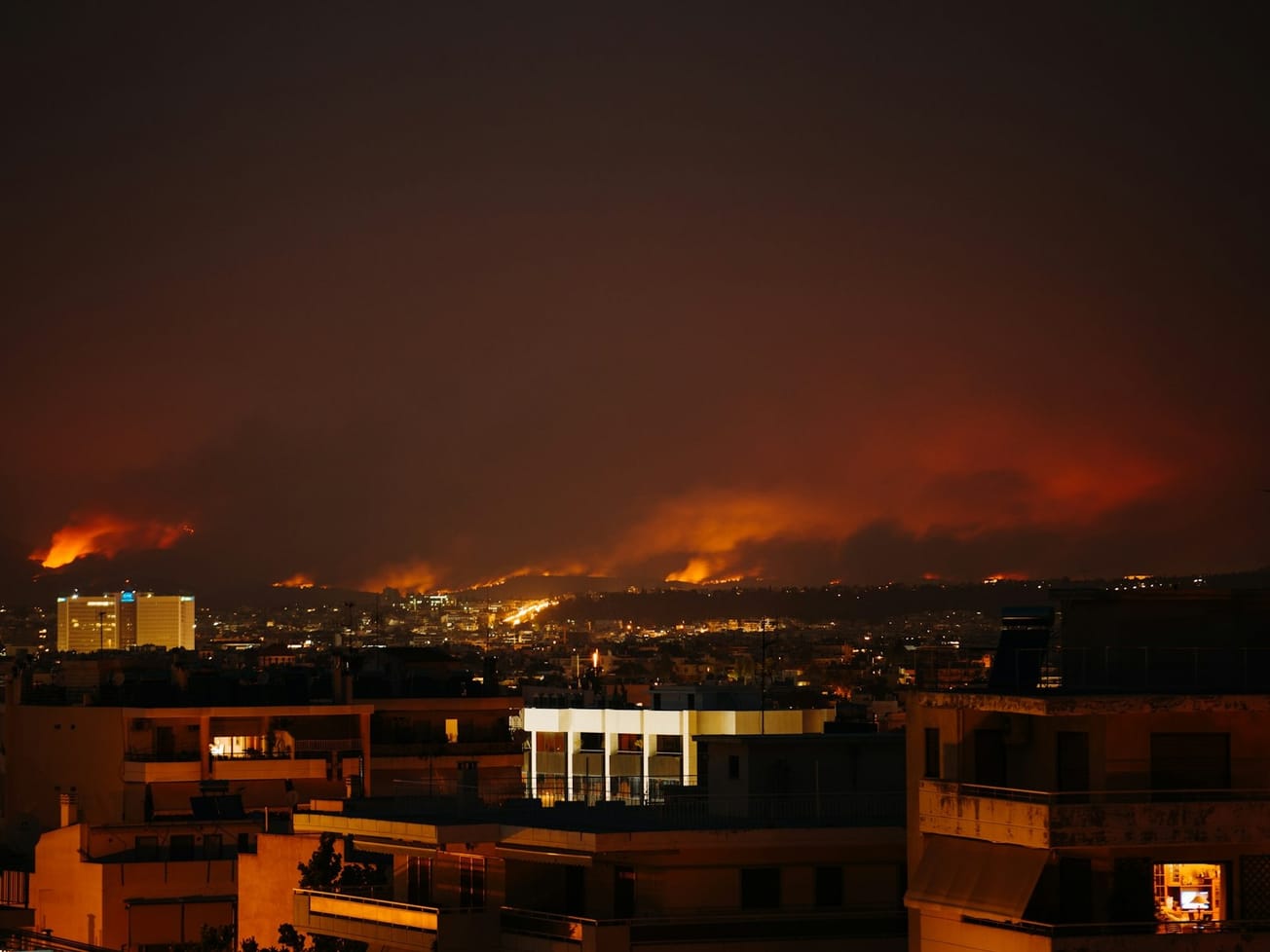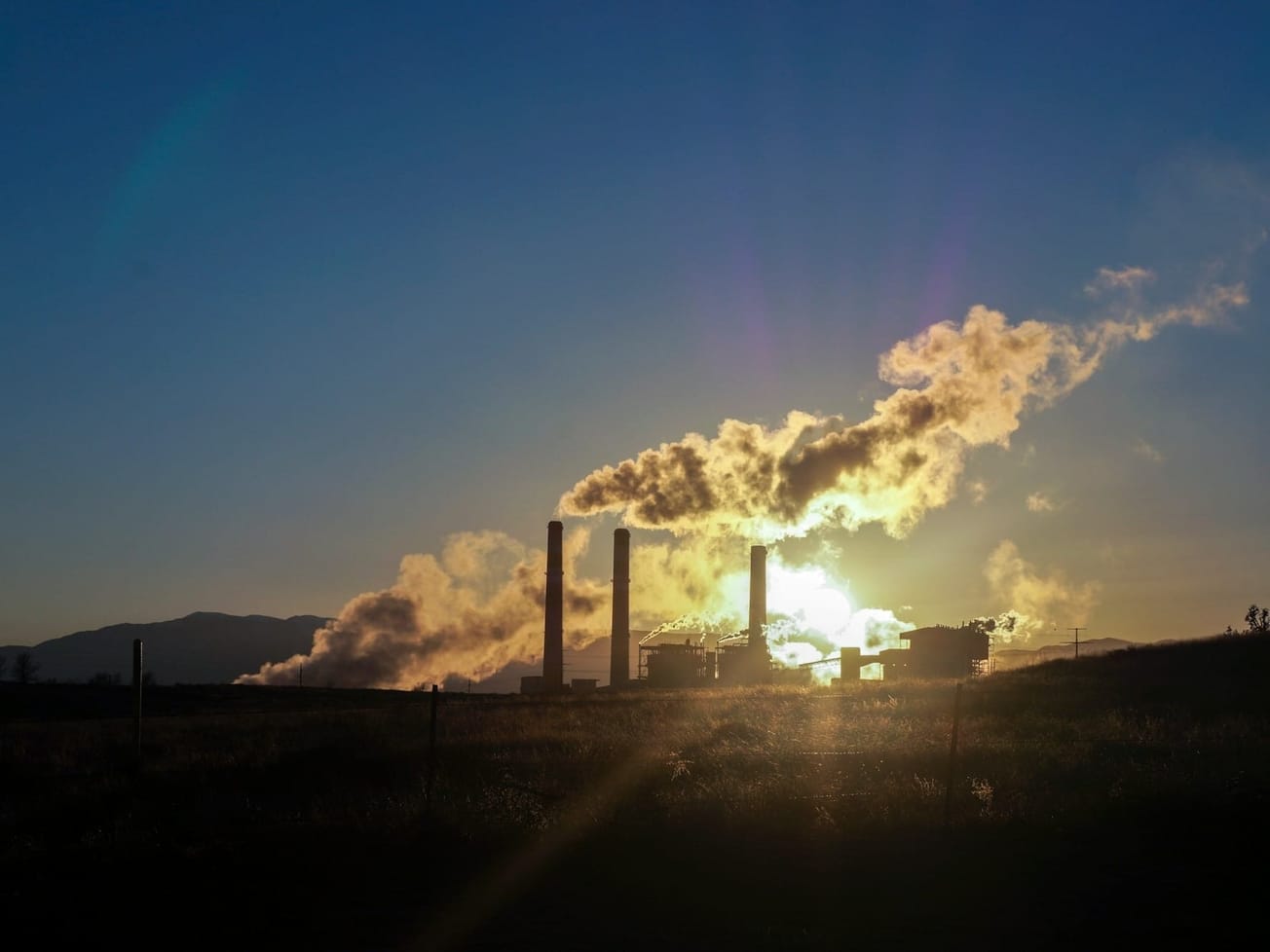Chinese-led efforts to lower tensions between Saudi Arabia and Iran could bring a greater focus on climate vulnerabilities in the region, ahead of the next round of U.N. climate talks that Dubai will host later this year.
Foreign ministers Faisal bin Farhan Al Saud of Saudi Arabia and Hossein Amirabdollahian of Iran met in Beijing on Thursday in the wake of an agreement in March to restore the regional rivals' diplomatic relations.
Amirabdollahian called it a "positive meeting and discussion" focused on priorities such as "stability, sustainable security and development."
Reopening embassies and consulates and renewed economic and commercial cooperation, among the other priorities, also could provide a platform for dealing with global warming.
The Middle East and North African region is among the most vulnerable to the negative effects of climate change but the public health impacts are relatively unknown, according to a new study published on Monday in The Lancet Planetary Health.
It finds limiting global warming to the upper threshold of 2° Celsius above pre-industrial levels as nations are obliged to do under the 2015 Paris Agreement could prevent 80% of the region's anticipated heat-related deaths by 2100, as temperatures hit 50°.
Iran is on track to have the highest annual death rate, 423 deaths per 100,000 people, under the highest carbon emissions scenario. The world already warmed by 1.2° and is soon expected to surpass 1.5°, the Paris treaty’s preferred threshold.
🌎Climate change is a pressing issue across the #MENA region, which is still heavily reliant on nonrenewable energy resources like oil, natural gas, and coal. pic.twitter.com/FAC7AVcstX
— The Atlantic Council Middle East Initiatives (@ACMideast) April 5, 2023
Diversified, renewable energy sources needed
With climate action to reduce heat-trapping emissions, annual heat-related deaths there are expected to rise to 123 people per 100,000, or 60 times the current rate.
The study by lead author Shakoor Hajat, a professor of global environmental health at the London School of Hygiene and Tropical Medicine, and four co-authors, is based on climate modeling in 19 nations across the region.
The authors concluded that the global climate attention that will again be focused on the region at the 28th United Nations Climate Change Conference, or COP28, in Dubai – Egypt hosted last year's COP27 talks – could be a force for change.
"This will intensify the need for countries in the region to adopt greater adaptation measures and diversify energy sources," they wrote, noting that the region's shift to renewable technologies has been slow due to its abundance of fossil fuels and minimal emphasis on environmental protections.
"To avoid the catastrophic impacts projected under the high-emissions scenarios in our assessment, this will need to change," they wrote. "Stronger climate change mitigation and adaptation policies will need to be agreed at COP28 and beyond."









